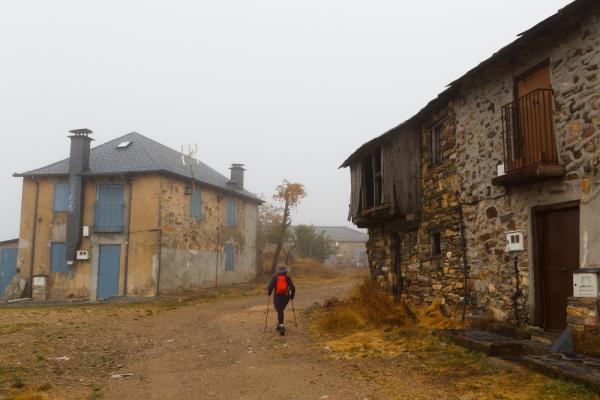Aug 19, 2018
Walking the Camino with my companions I’ve tried so far, as a spiritual practice, to stop thinking about American politics and Donald Trump. But then I’ve been given tomatoes, and orange juice, and coffee by total strangers, wishing me well on my pilgrimage. I’ve been a vulnerable one on a journey in a strange place.
Read the Full Article

Already a subscriber? Login
